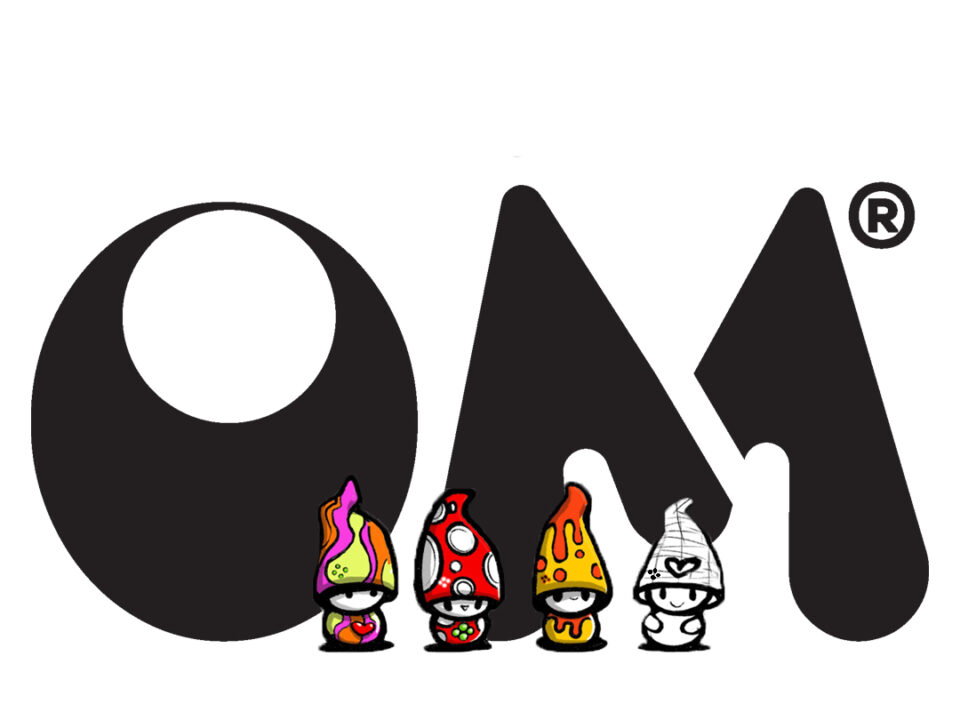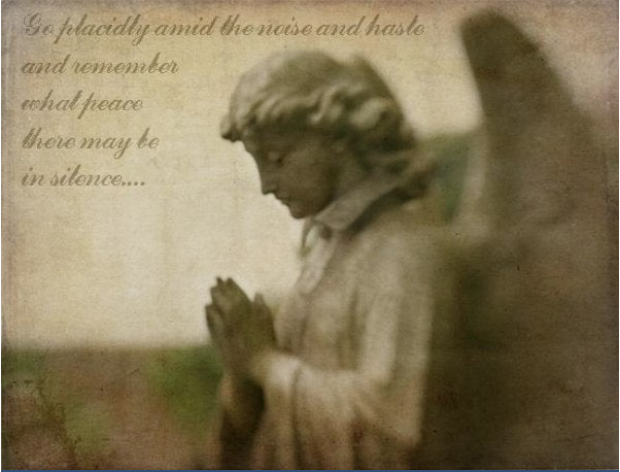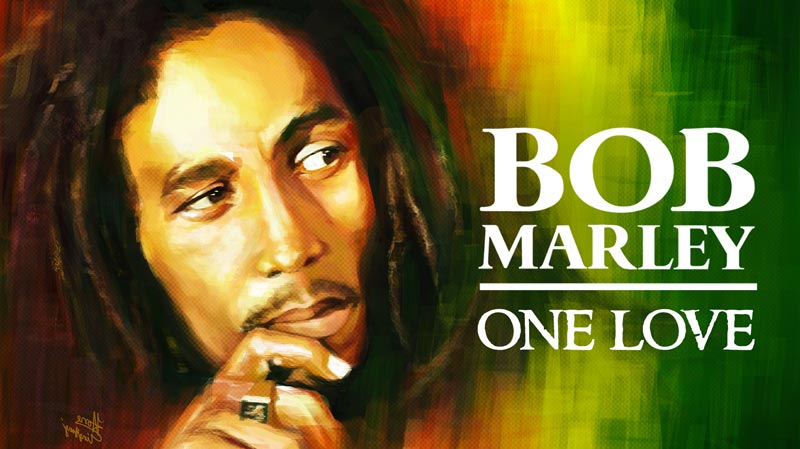Egyptian outrage: 'The dictator has gone, but not the dictatorship'
October 22, 2011Tender and Protective: Liberty, Lazarus & the beacon of world-wide welcome
November 1, 2011
Homeless people. They’re out on the streets for a reason, right?
Come on, they’re responsible for their circumstances, they’ve contributed to their plight.
Drink, drugs, gambling, crime or some other ill-advised action or misdemeanor.
Bottom line, no matter the cause, it’s their own fault, they’re to blame.
Correct?
Not even close.
Just ask Jose Tolentino.
Having joined the Rhode Island National Guard, the 35-year-old served in Iraq in 2004 and 2005, and then in Afghanistan in 2008 and 2009.
Back in the Ocean State last winter, Jose Tolentino could be found sleeping in his car.
“A 1998 BMW,” explained the Hope High School graduate, who survived the freezing conditions bundled up in a sleeping bag and blanket, relying on a pair of donated fleece pants for crucial, additional warmth. “I’d park anywhere.”
Jose Tolentino’s tale challenges the traditional perceptions that those fortunate enough to have homes tend to form about those who don’t.
These people are not, to quote our friend Chris Tibedo, the bag lady, the hobo.
These people are not trash.
These people are just that. People. Human lives.
These people, Chris, Jose and their kind, should connect us in compassion.
There is a saying, there but for the grace of God go I.
It’s simple to slip through the net, easier than ever, in fact, to let homelessness take a hold.
That’s something that Jose Tolentino discovered to his cost upon his return to Rhode Island.
This is a man used to fighting for his life. It’s just as well.
“It’s kind of difficult finding a job when you come back from war,” he said. “You have to go out there and overcome a lot of things as a veteran to get a job. People think ‘Oh, you’re crazy,’ all that stuff.
“People, when you tell them you were at war, they’re like: ‘Well you’re the one who signed up’. That’s like a slap in the face. I put my life on the line for you, and you’re telling me that whatever happens to me is my fault because I signed up?”
Fault? Doesn’t seem appropriate in this case, we’re sure you’ll agree.
No drink, no drugs, no crime other than to risk life and limb serving the United States.
Still think this is about personal responsibility, about blame?
Jose doesn’t.
You see, he returned from Afghanistan to find his marriage in tatters and, although his determination did enable him to find a job, the recession soon took it from him.
His apartment followed, his financial commitments towards his four children leaving him empty-handed, down and destitute.
“I couldn’t get a place to live,” he said. “Unemployment (benefits) were barely enough for obligations, child support, putting gas in the car.”
So Jose took the one action he could. He began to sleep in it.
This is homelessness told from the beginning. This is what homelessness is about, not old attitudes, problems and prejudices. Homelessness preys on society, its victims hail from all backgrounds.
It pleases us to report that this is a tale that has an uplifting ending, for, several months ago, Jose learned about Operation Stand Down Rhode Island, a non-profit organization that supports homeless veterans. Jose met a representative from the group. The connection has changed his life.
“On the spot, he offered me a place for the night,” he said. “He gave me a food card so I could get some food and ten bucks for gas so that I could get around.”
Operation Stand Down did much more for Jose, helping him find a job, helping him find an apartment in Providence.
His belongings came out of storage, amongst them a photograph that again hangs on a wall. It was taken at a State House vigil on September 14, 2001, honoring the 9/11 victims. In the picture, Jose is carrying his son and wearing his National Guard uniform.
These are the kind of people who can and do fall victim.
It’s not always down to fault or blame or making bad choices in life.
Homelessness doesn’t discriminate.
There are several reasons for sharing this: To make that point. To make you think. To highlight the work of groups like Operation Stand Down and the Rhode Island Coalition for the Homeless. To give hope to others out there on the streets. To demonstrate to Chris Tibedo that happy endings do exist, that there is a way out.
The homeless issue is becoming important to us here in our studio and we’d like to use our OMs as a symbol; a symbol of togetherness and understanding, a symbol of connection; a symbol of our belief that homelessness doesn’t have to be permanent, that the cycle can be broken.
Here in Saunderstown, we’re holding onto a special OM, keeping it safe for Chris Tibedo, for the place that we’re certain he’ll soon be able to call home.
Here’s to him and here’s to Jose Tolentino.
Here’s to a brighter future.
We are all connected.



